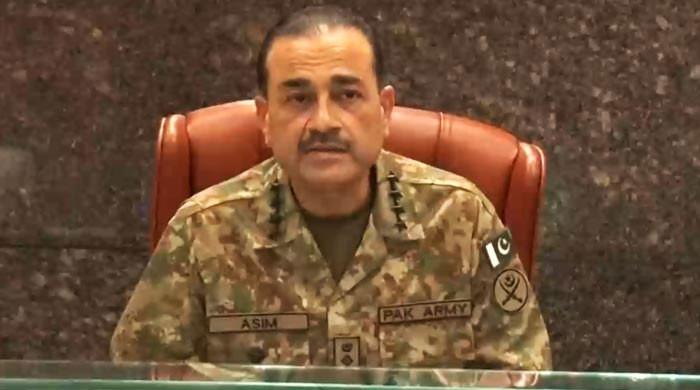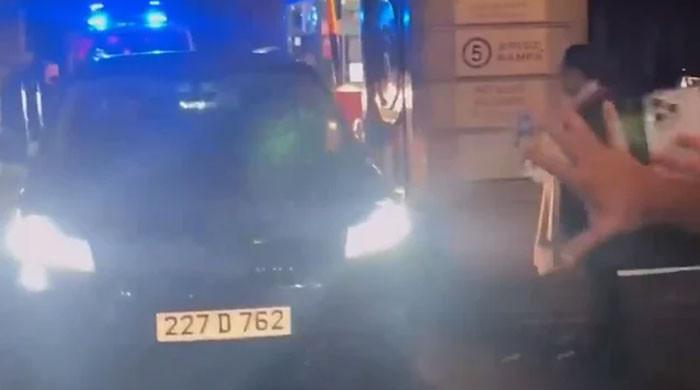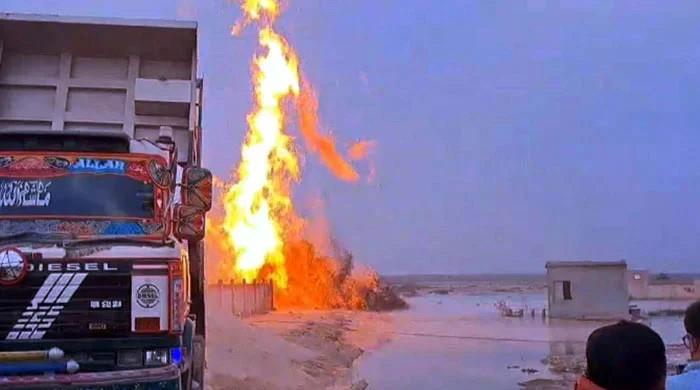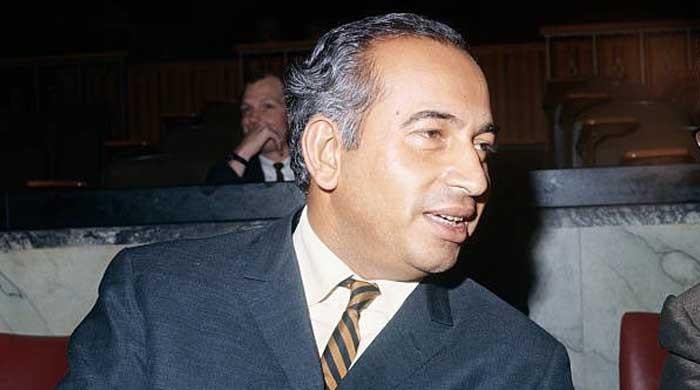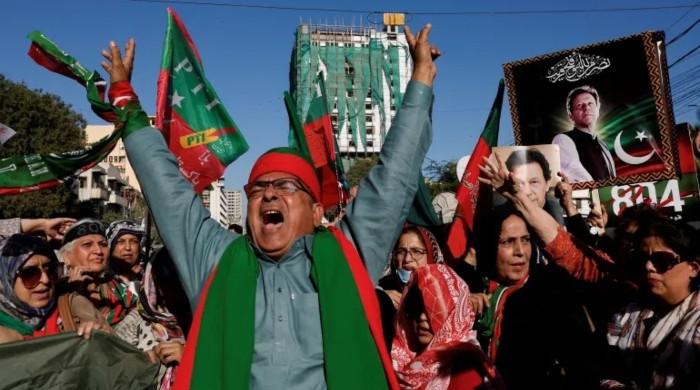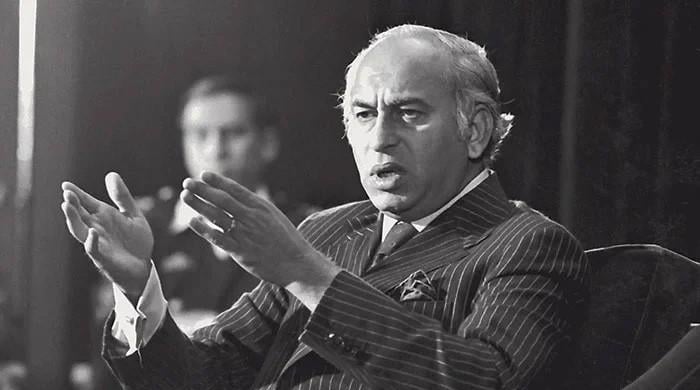Govt moves for speedy trial of terrorists
Govt’s dilemma is that it is in no position to amend the Constitution single-handed to give powers to the military courts
January 16, 2017
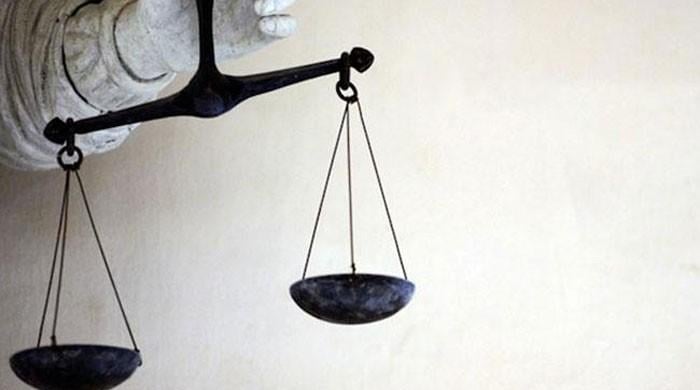
ISLAMABAD: Owing to the time-tested obsession of Prime Minister Nawaz Sharif with special courts to quickly dispense justice to dangerous criminals, the federal government is putting in place adequate legal tools and instruments to achieve the objective if no parliamentary consensus was worked out on the military courts.
In this connection, Interior Minister Chaudhry Nisar Ali Khan’s statement that separate laws are being framed for terrorists and those involved in sectarian violence is an unambiguous pointer to the fact that he and his ministry will play the lead role in introducing a fast track system of dispensation of justice in cases involving terrorism. Even when the military courts functioned for two years, the interior ministry used to examine, scrutinize and select the cases, which were recommended by other authorities including provincial governments.
A senior cabinet minister told The News that in the first instance, the government’s effort is to hammer out an agreement on extending the powers of the military courts to try civilian terrorists of all hue and colour, which lapsed on Jan 7 as the sundown clause in the 21st constitutional amendment became operative.
But he conceded that given the strong opposition by a majority of political and parliamentary parties there is little or no likelihood that a consensus would be arrived at further involvement of military courts in trying the “jet black” terrorists.
The Pakistan People’s Party (PPP), Jamiat Ulema-e-Islam-Fazl (JUI-F) and Jamaat-e-Islami are firmly opposed to the extension of the authority of the military courts and consistently ran a campaign to the effect. The stand they have taken has not left any room for a compromise.
The government’s dilemma is that it is in no position to amend the Constitution single-handed to give powers to the military courts as it doesn’t have the requisite two-thirds majority in the parliament.
Even if it is able to manage such a tally in the National Assembly with tremendous difficulty, it doesn’t have this number in the Senate, controlled by the opposition especially the PPP, which is in no mood to cooperate with the government.
However, it can easily amend the Anti-Terrorism Act (ATA) or frame another ordinary law to promulgate it through an ordinance, which will be laid before the parliament later. It will be able to push it through the National Assembly but would be incapacitated to do so in the Senate.
As an alternative in the wake of the approach and policy of the political parties to the military courts, the government is exploring other options. One of them is strengthening the law while another is increasing the number of such courts with enhanced powers. However, all this will need a consensus.
As the military courts’ authority exhausted, all the cases pending before them were immediately transferred to the existing Anti-Terrorism Courts (ATCs) where the pace of adjudication is not very fast compared to that of the army officers led forums.
Way back in 1997 in his second stint as prime minister, Nawaz Sharif had enacted the ATA, which continues to be in operation till today. It has been amended from time to time to tighten it further so that criminals could not escape the net.
A Nawaz Sharif government had also even allowed the military courts to work because of the prime minister’s passion to swiftly dispose of cases of toughened criminals. Considering his preference, there is no doubt that the premier will take solid steps for speedy trial of such offenders.
Since the enactment of the ATA, there have been umpteen complaints that it has also been frequently misused by influential people while registering cases with police against their rivals. They had managed to include the ATA clauses in these cases even when there was no legal justification for that.
But as a whole the ATCs have worked promptly and convicted a large number of dangerous criminals at a fast track, much better than the ordinary courts. However, still their pace has been much slow compared to the military courts.
Even when the cases had been decided by the ATCs, they had been stuck up in two tiers of appeals, first in a high court and then in the Supreme Court, consuming years to conclude.
This dents the actual objective of the law, which is that the cases should be dealt with very speedily.
However, in the case of decisions of the military courts no appeals were allowed to high court or the Supreme Court.
But still the convictions had been challenged in high courts through writ petitions. A number of such pleas are pending disposal in different high courts.
--Originally published in The News





